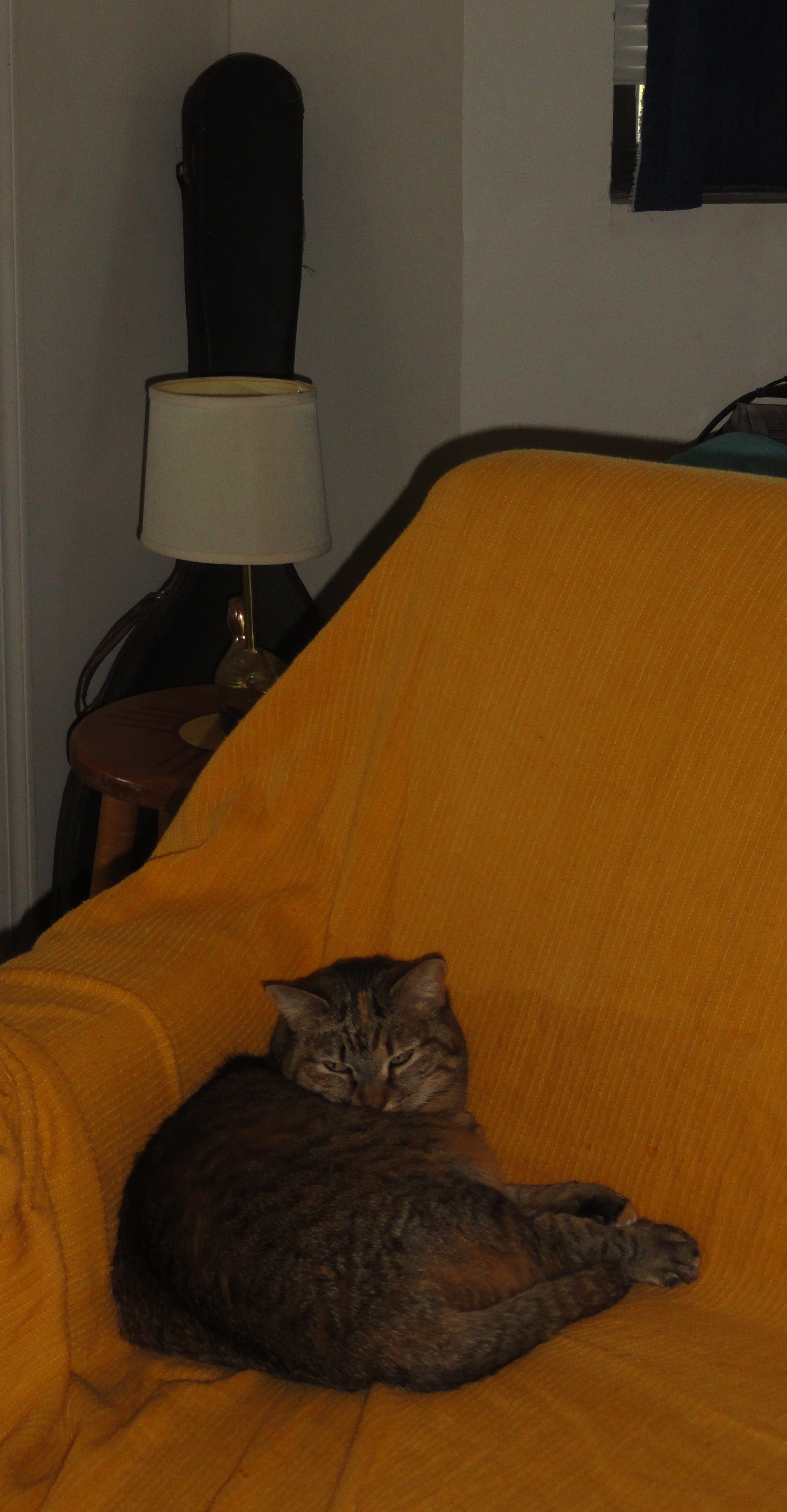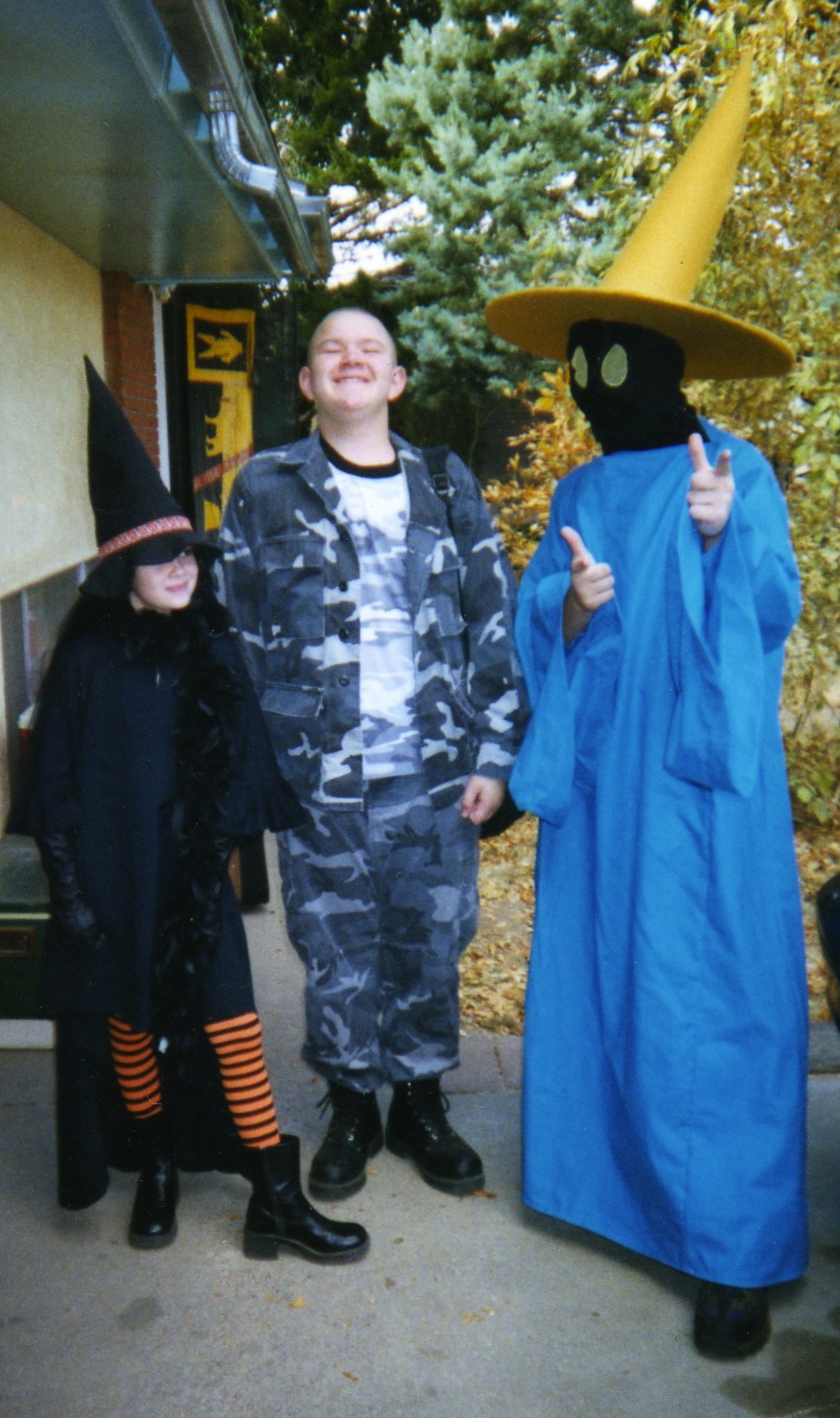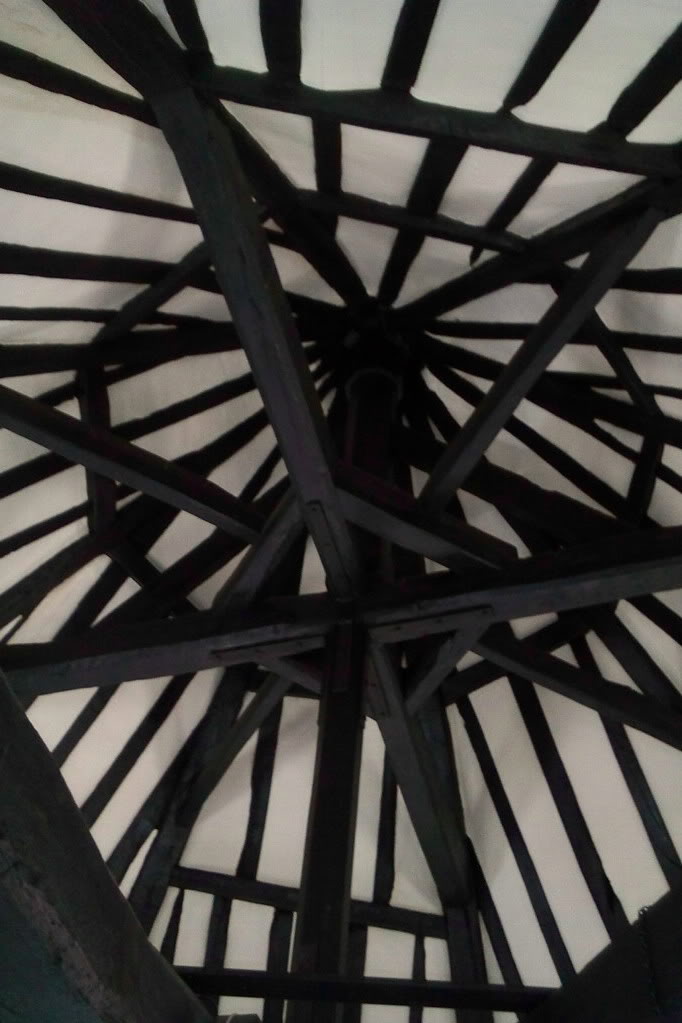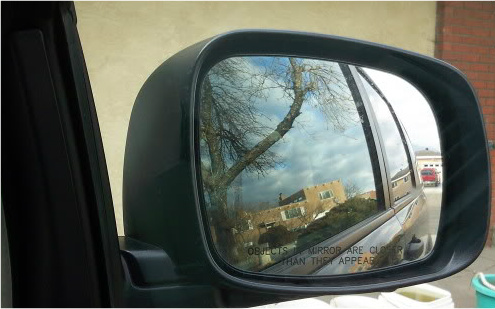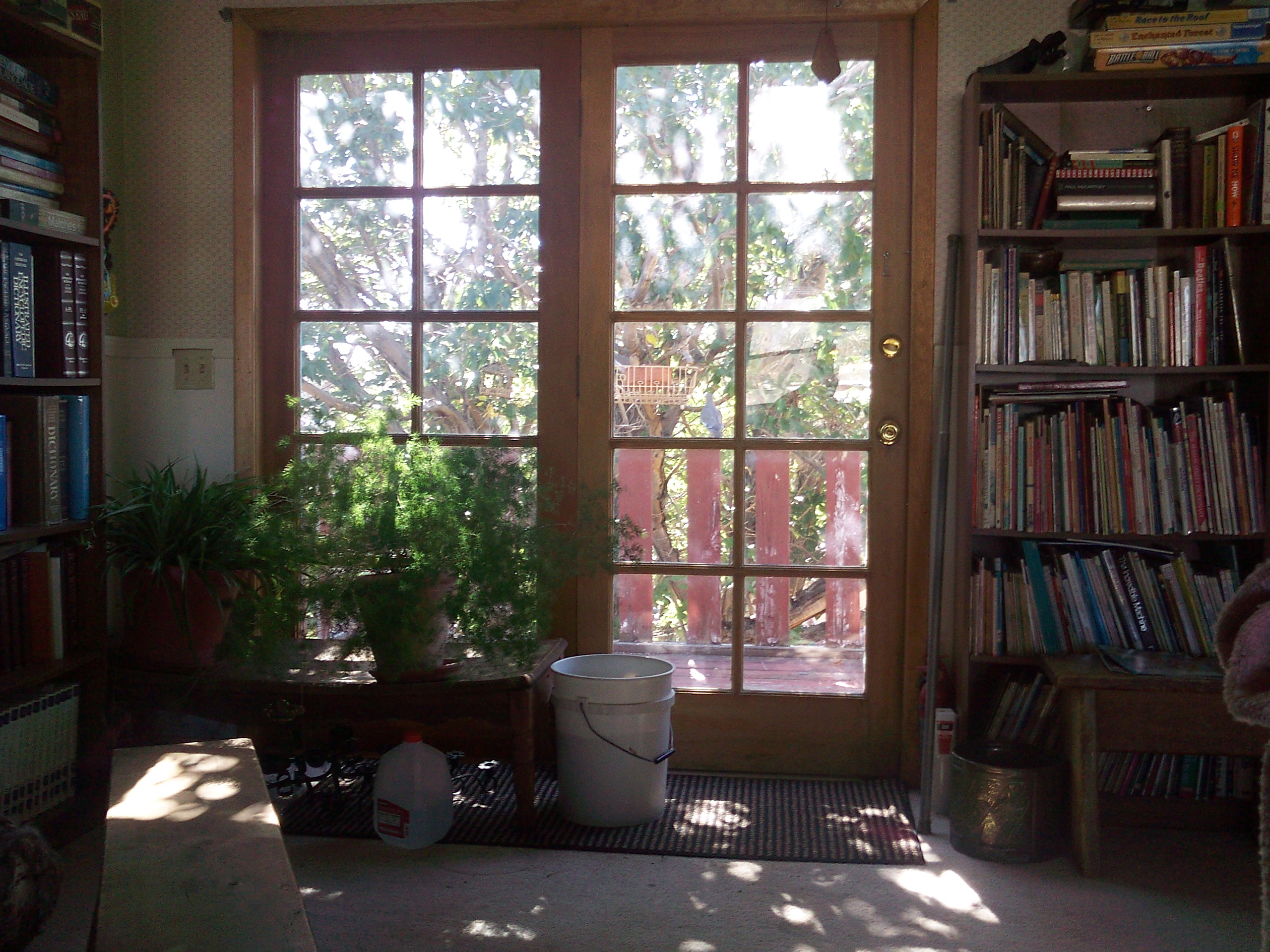I always had this visual for unschooling for me, I picture it being this big giant house and it’s got like a million rooms in it. And there’s closets and doors everywhere. And for me, I’m walking around this house with this lantern and the lantern is like unschooling for me. And I have to open up doors and shine the lantern and look under the beds and look in the closet and I’m finding all these new, dusty things that have come from my life and have created this uncomfortableness and this kind of scary eerie feeling for me. And the unschooling is the light, like walking through shining light on it, considering it, asking questions, and eventually more lights are on, and the closets aren’t as dusty anymore, and the rooms are more open and free to go in and out of.
I kind of see that—I've always pictured my unschooling journey like that—and then everybody’s house is different. Everyone has a different unschooling house, and I just love that visual for me, I’m always picturing it like that. Like, "Oh, I found another room that I have to look in," and "I haven’t been in this room yet. I’m going to just step my toe in this room and then step back out and maybe I’ll come back again later," and I just love that.—Nikki Zavitz
The million-room house image is at 43:26 in Deschooling with Nikki Zavitz,
Episode 216 of the Exploring Unschooling Podcast, by Pam Laricchia.
I think that link will take you right to it. You can see Nikki's face light up.
Let her share her vision with you!
I didn't add a photo this time, because the imagery is all in the words.






